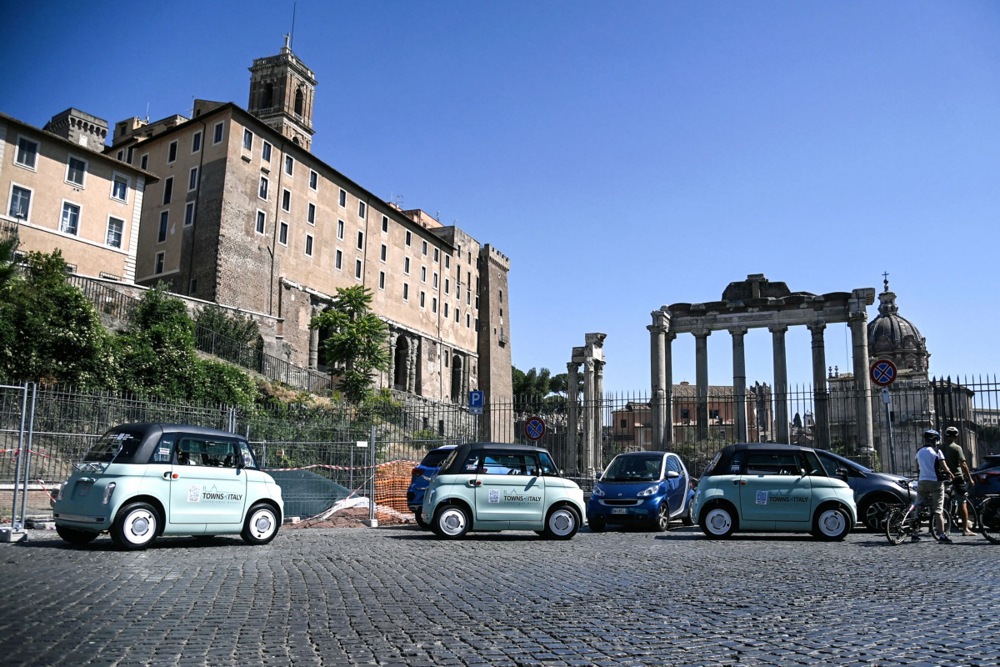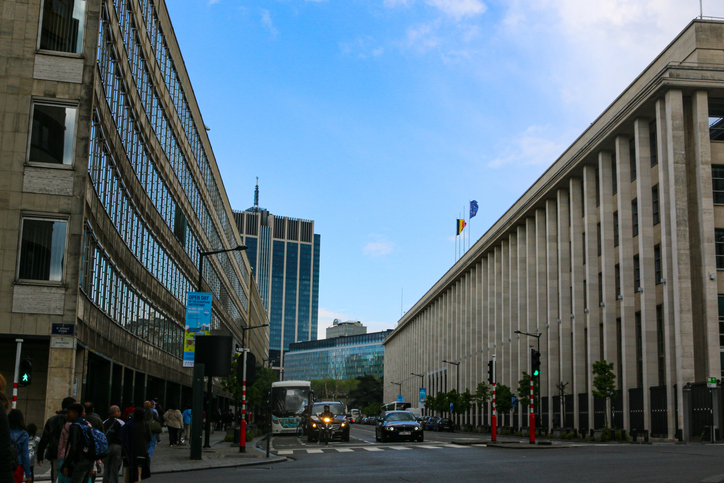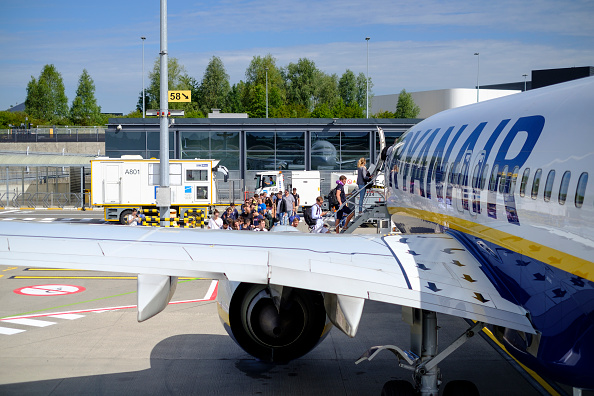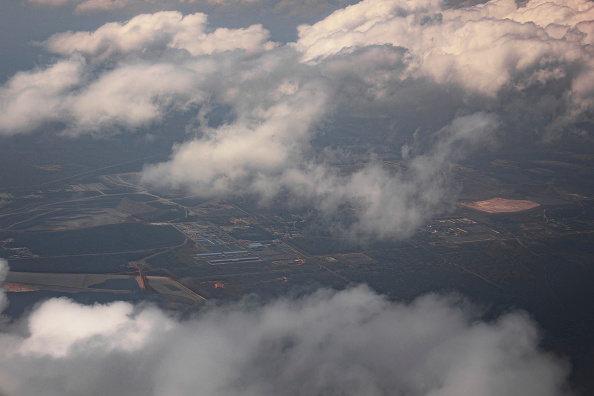Belgium’s Antwerp airport has been labelled “bankrupt in all but name” and should close, according to Greenpeace Belgium.
Last year alone it was kept afloat by around €13.5 million in public money drawn from both the Flemish regional government and the federal State.
Joeri Thijs from Greenpeace Belgium told Brussels Signal today that the airport, known locally as Deurne Airport, “mainly serves private jets, leisure and training flights” and that keeping it open “with taxpayers’ money is pure madness in a time of climate crisis”.
He argued that the same funds “could be better used for public transport around Antwerp, which would benefit many more people instead of subsidising a few private-jet users”.
According to a Belgian broadcaster VRT News report, the airport recorded another year of losses in 2024, around €2.3 million, marking its fifth year in the red. Independent auditors warned creditors about its precarious finances. “Without government help, the company would not survive,” the report stated.
Belgian newspaper De Standaard wrote that subsidies have become a permanent feature of the airport’s operations. Over the past decade, public authorities have paid more than €100 million in direct support, plus tens of millions in infrastructure projects still to come.
Legal disputes between the Flemish Government and the airport’s operator have repeatedly ended in settlements — another sign of how deeply public money is tied into keeping the airport alive.
The biggest challenge is that Antwerp Airport has almost no independent business model.
Aviation observers quoted by the Belgian broadcasters warned that private jets pay only around €200 to land — far too little to cover costs — and that if German multinational leisure, travel and tourism company TUI ever leaves, the airport would collapse.
Indeed, about 70 per cent of its income depends on TUI. When the firm faced technical problems with its aircraft last year, flights stopped for months — and so did most of the airport’s income.
The Flemish Government, though, insists the spending is justified. In a statement sent Brussels Signal October 13, spokesperson for the Flemish cabinet of mobility regional airports “play an important role in Flanders”.
“From a broader mobility perspective, public funds should be used as efficiently as possible, ideally in ways that support more sustainable modes of transport,” the spokesperson said.
This means that while a small share of federal money reaches the airport, operational control and most subsidies come from the Flemish Government.
The spokesperson sent a study that values Antwerp Airport’s contribution at €70 million a year and 1,000 jobs. Officials also said the subsidies cover public services such as firefighting and security and are “fully in line with European state aid rules”. He added that the government’s goal is “a sustainable transition” for regional airports and said Antwerp would focus on “business travel and new, environmentally friendly technology.”
The airport’s operator, the spokesperson noted, is exploring electric aircraft and drone-based services, which are meant to reduce emissions and modernise its image.
But environmentalists remain unconvinced. “It’s a nice story, but it doesn’t solve the real problem,” said Thijs. “You can’t justify years of losses and pollution by promising electric planes that may fly in ten years’ time. The climate crisis is now.”
The Belgian publications raise similar concerns, questioning why a densely populated region such as Flanders needs four airports at all. They argue that spreading air traffic across multiple sites worsens pollution and land use, while a concentration in one larger hub would reduce the overall footprint.
Thijs said Antwerp’s airport should be seen as an opportunity for change rather than a burden to maintain.
“The site could become a green space for local communities, a project that gives something back to people instead of taking from them,” he said.
“It’s time to stop calling this ‘support’ and admit it’s a subsidy for pollution … paid by taxpayers [including] local residents have opposed for years.”
The federal Government, for its part, clarified that it is not responsible for the airport’s management, noting that since 1989, Antwerp Airport has fallen under regional Flemish authority. A spokesperson for the Belgian federal mobility administration told Brussels Signal today that the only federal financial involvement concerns air traffic control services, covered through a system in which the federal State pays for air-traffic control at regional airports.





